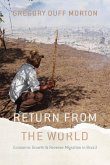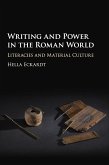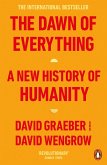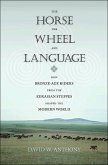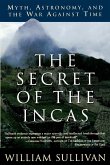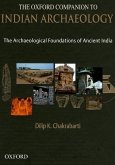"A philosopher, historian of religions, and anthropologist, Ernesto De Martino is often glossed as "ahead of his time." In his work, a reader sees the roots of psychological and medical anthropology; discussions of reflexivity and the role of the ethnographer; considerations of colonialism and migration and the trauma they might engender; and an anticipation of the "existential turn" in anthropology. A reader would also find an attentiveness to hope and possibility, despite the gloomy title of his posthumously published book, La fine del mondo (The End of the World). Perhaps the end of the world is an overstatement. But in a rapidly globalizing world, one in which the entire earth becomes our shared "cultural homeland," despite our different values and local histories, "the end of the world" might simply mean the end of "a world," our particular world, and the dawning of something new-"the world of tomorrow." De Martino seeks, in part, to make the idea of the end of a world less horrifying, while at the same time attending to the individual loss-of-self that one might feel in contemplating an apocalypse, especially as modernization has divorced us from the rituals and folklore that might make such an eventuality less terrifying. De Martino writes: "Two opposed terrors dominate our age: the terror of losing the world, and the terror of being lost in the world... The end of the world, the loss of presence." Interweaving the cultural and individual levels of apocalypse, treating subjects both classic and contemporary and both European and "non-Western," ranging across ethnography and philosophy, De Martino probes how we relate to our world and how we might be better subjects and thinkers within it"--
Hinweis: Dieser Artikel kann nur an eine deutsche Lieferadresse ausgeliefert werden.
Hinweis: Dieser Artikel kann nur an eine deutsche Lieferadresse ausgeliefert werden.


